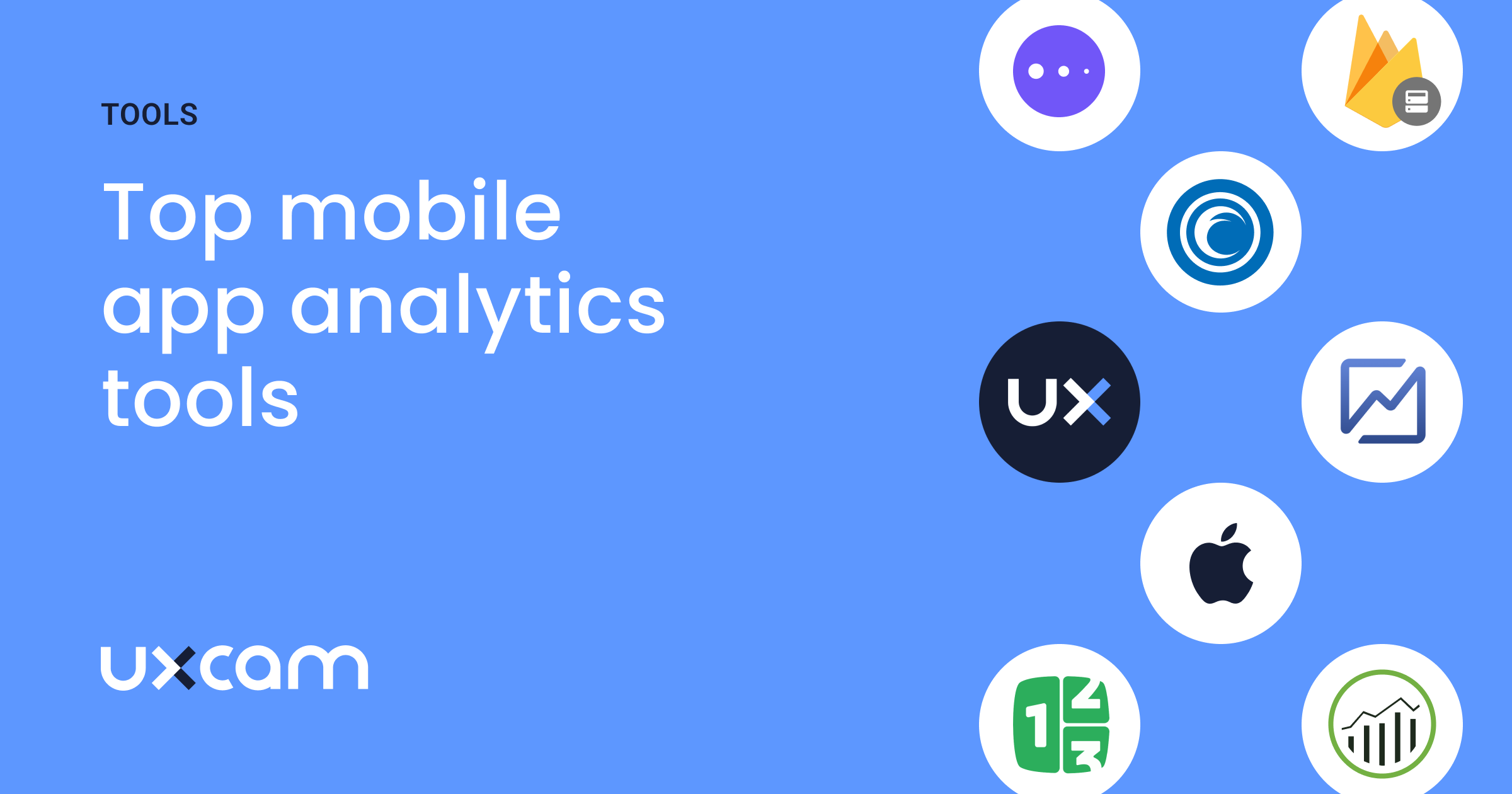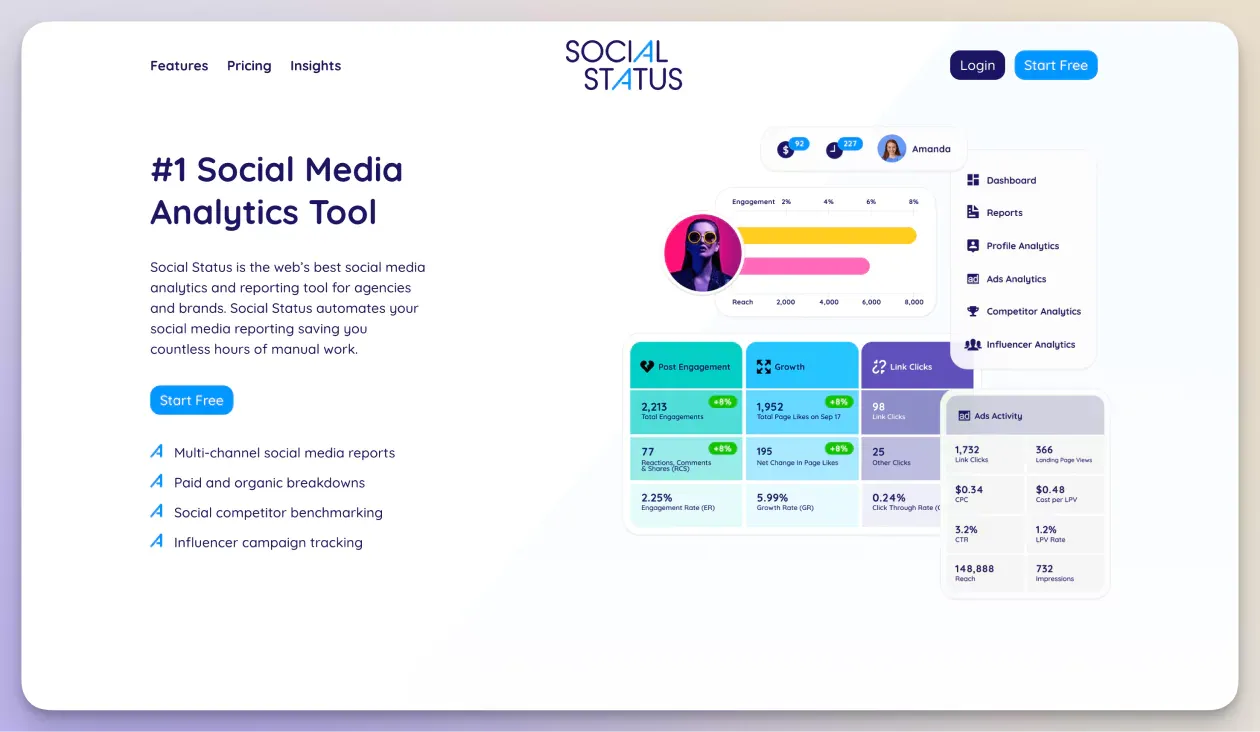Boost Performance and Productivity Via Data Analytics
In today's data-driven landscape, companies are increasingly recognizing the pivotal role of data analytics in improving operational efficiency and productivity. By methodically assessing information, companies can reveal essential understandings that educate critical choices, enhance procedures, and tailor client experiences (Analytics). The challenge lies not just in the execution of these analytical tools yet additionally in recognizing exactly how to translate information right into actionable outcomes. As we check out the nuances of reliable data-driven approaches, the implications for both temporary gains and long-lasting success come to be increasingly clear. What might these understandings reveal for your company?
Understanding Information Analytics
In today's data-driven landscape, understanding data analytics is necessary for organizations aiming to improve functional performance and drive success. Information analytics involves the organized computational analysis of data sets to discover patterns, relationships, and insights that inform decision-making. By utilizing numerous methods, such as statistical analysis, maker understanding, and anticipating modeling, organizations can transform raw data into actionable intelligence.
The process typically begins with data collection, where appropriate details is gathered from multiple sources, consisting of transactional databases, customer interactions, and market fads. This information is after that cleansed and arranged to make certain precision and uniformity. Once the data is prepared, analytical tools and software program are made use of to picture the info and check out, making it possible for stakeholders to identify trends and abnormalities.
Ultimately, comprehending data analytics empowers organizations to make informed decisions based upon empirical proof instead of intuition. It facilitates targeted techniques that can maximize source allowance, enhance consumer satisfaction, and enhance overall performance. As organizations significantly recognize the value of data-driven understandings, a solid grasp of data analytics comes to be a critical proficiency for teams and leaders alike, positioning them for sustained success in a competitive environment.

Secret Benefits for Services
Services that utilize data analytics can open a wide range of advantages that considerably improve their operations and success. Among the main advantages is boosted decision-making. Data analytics offers workable insights acquired from real-time data, permitting companies to make educated options that line up with market demands and consumer choices.

Additionally, data analytics promotes boosted consumer experiences. By recognizing consumer habits and choices, organizations can customize their offerings, resulting in raised fulfillment and commitment. This tailored strategy often leads to greater conversion prices and repeat service.
Additionally, information analytics enables companies to identify emerging opportunities and patterns. By remaining in advance of the curve, organizations can maximize brand-new markets and advancements prior to their rivals.
Implementing Data-Driven Approaches
Effective execution of data-driven approaches needs a detailed understanding of both business objectives and offered data sources. Organizations must initially define their objectives plainly, making certain placement between information campaigns and strategic purposes. This clearness makes it possible for groups to concentrate on relevant metrics and understandings that drive decision-making.
Following, companies should examine their existing data facilities. This involves reviewing information high quality, accessibility, and assimilation abilities. Top quality data is necessary for precise evaluation, as poor information can cause misguided approaches and squandered sources. Organizations has to establish procedures for data collection, cleansing, and management to keep information stability.
Additionally, promoting a data-driven society is critical. Employees at all degrees must be urged to leverage data in their everyday operations. Educating programs moved here and workshops can boost information proficiency, encouraging team to make enlightened decisions based on logical understandings.
Devices and Technologies Summary
A robust suite of technologies and tools is crucial for organizations aiming to harness the full potential of data analytics. These devices promote the collection, handling, and visualization of information, enabling companies to obtain workable understandings.
At the fundamental degree, data management systems such as SQL data sources and NoSQL systems supply efficient data storage and retrieval capabilities. For data processing and evaluation, shows languages like Python and R, along with structures such as Apache Flicker, make it possible for intricate estimations and artificial intelligence applications.
Visualization devices, including Tableau and Power BI, transform raw information right into user-friendly graphical formats, making understandings obtainable to stakeholders at all levels. In addition, cloud-based platforms like visit our website Google Cloud and AWS provide scalable storage and processing solutions, suiting the growing volumes of information organizations run into.
For sophisticated analytics, predictive modeling and AI-driven remedies are significantly taken on, allowing business to forecast fads and improve decision-making procedures. Integrating these devices into existing operations is vital; organizations that efficiently take advantage of this modern technology can dramatically improve operational effectiveness and drive productivity. Hence, buying the right devices and technologies is a strategic imperative for any kind of data-driven organization.
Situation Researches of Success
Leveraging data analytics has actually led various companies to accomplish remarkable enhancements in performance and profitability. One significant case is a big retail chain that carried out predictive analytics to optimize inventory monitoring. By examining historic sales information and consumer patterns, the company More about the author reduced excess inventory by 30%, resulting in substantial price savings and improved money circulation.
One more example can be located in the production sector, where a leading automotive manufacturer made use of information analytics to improve its production procedures. By monitoring equipment performance in real-time, the organization identified bottlenecks and ineffectiveness, leading to a 20% rise in total tools effectiveness (OEE) This not only enhanced production rates yet additionally reduced downtime and maintenance costs.

These situation researches illustrate just how information analytics can drive calculated decision-making, enhance procedures, and eventually enhance both effectiveness and profitability throughout numerous industries.
Conclusion
In verdict, the assimilation of information analytics right into business operations presents considerable opportunities for enhancing performance and productivity. By systematically examining data, companies can determine ineffectiveness, maximize customer experiences, and make notified choices. The adoption of predictive modeling and real-time surveillance further makes it possible for services to remain in advance of emerging fads and allocate resources successfully. Ultimately, the calculated execution of data-driven methodologies promotes sustained competitive advantages and drives substantial enhancements in functional efficiency and monetary end results.
In today's data-driven landscape, understanding information analytics is important for organizations aiming to enhance functional performance and drive productivity. Information analytics entails the organized computational evaluation of information sets to reveal patterns, correlations, and understandings that notify decision-making. Data analytics offers workable understandings obtained from real-time data, permitting organizations to make enlightened options that align with market needs and consumer choices.
Top quality information is crucial for exact analysis, as poor information can lead to illinformed methods and squandered resources. Organizations must develop processes for data collection, cleansing, and monitoring to preserve data stability.